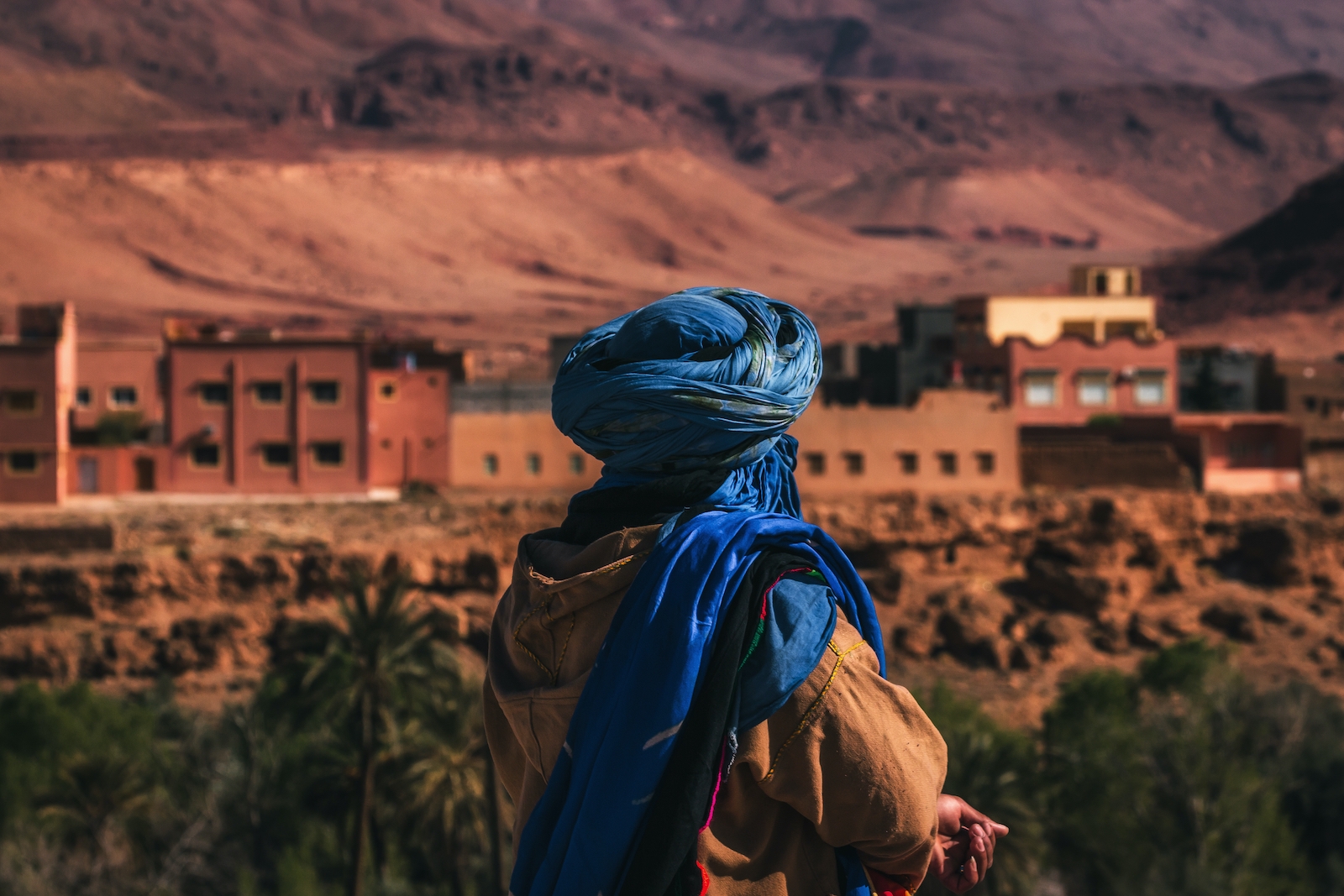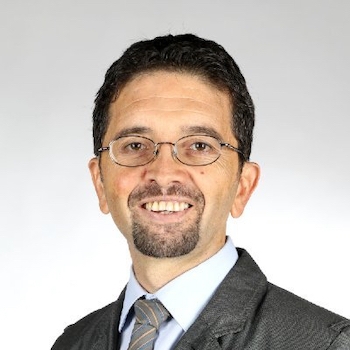
The African Union Must do More to Stabilize the Sahara
The fall of Kabul was a sad day for Afghanistan. Yet, half a world away the cries are also being felt. That is because in no small part, the Sahel countries, which crowd around the edges of the vast Sahara, have become the new center of terrorism and instability.
France and several other countries are currently engaged in various peacekeeping and other missions either within the framework of the United Nations or the European Union to prop up the governments of the region. Five countries: Mauritania, Niger, Mali, Burkina Faso, and Chad have been grouped into the G5 Sahel. Initially a strictly military alliance, it is increasingly focused on development. When it comes to dealing with instability – development is often a key part.
Yet, perhaps in mimicry of the United States in Afghanistan, the French have been downgrading their role in the region. Ideally, the time will come when the other countries of the African Union beyond the Sahel do more to increase security in this troubled region.
In some cases, countries in the West should facilitate the increased role for such countries who are often available to participate in such operations but have militaries who lack the necessary logistical capabilities. China has also sent soldiers to Mali, ostensibly as peacekeepers. Yet, it should come as no surprise that the Chinese firm, Ganfeng Lithium, reportedly grabbed a 50% stake in Mali’s Goulamina hard-rock mine, giving that Chinese firm access to one of the largest deposits of spodumene in the world.
Thus in the middle of one of the world’s worst conflicts (which is a push factor for migration to Europe), Chinese companies are picking up the scraps for themselves while paying lip service to a stabilized region. Russia is also eyeing a role for the Wagner Group in the Sahel. Turkey is selling weapons to a number of Sahel countries and is eyeing a long-term role in the region. Everything from warplanes to demining equipment is on offer.
Worse still, not all countries agree on the value of a stabilized Sahel region. According to recent French-language media reports, Algerian officials met with Iyad Ag Ghali, a Tuareg militant, and leader of GSIM, an Al-Qaeda linked terror group.
The Algerian officials were apparently bold enough to travel some 13 miles east of Tinzawaten, well within Northern Mali for the meeting in disregard of the interests of that country. The four-hour meeting was amiable as Algeria sought to get Al-Qaeda to suppress the Tuareg rebels in Northern Mali.
Algeria fought a long war in the 1990s against Islamist terrorists but what it really fears are secessionist movements like the Tuareg, one of the largest stateless groups in the Sahel. Its role when it is being constructive should be welcomed.
These examples are illustrations of a larger point, the Sahel has become the playground of powerful countries in the region with their own interests. Meanwhile, the legitimate interests of the people are being forgotten.
This region known as the Sahara has witnessed countless insurgent uprisings and the toppling of several governments in coups or potential coups (the details of the situation in Chad remains unclear).
The African Union, with the help of the international community, must do more to stabilize the situation or lose a great deal of legitimacy not only in a crucial region, but on the world stage. The AU has the political, economic, and military tools to do something in that direction.
For example, the African Union has the Peace and Security Council for the prevention, management, and resolution of conflicts. Furthermore, it has the African Standby Force, a continental multidisciplinary peacekeeping force with military, police, and civilian contingents that is a deployable force. In the long term, only economic opportunities will bring stability. Here the African Continental Free Trade Area which has existed since 2021 is useful. This was ratified by all the Sahel countries and it has the potential to boost economic development, leveraging on the youth bulge and demographic dividend coming soon for the Sahel.
The African Union has its own tools it can deploy in a crisis like this – and now is the time.

